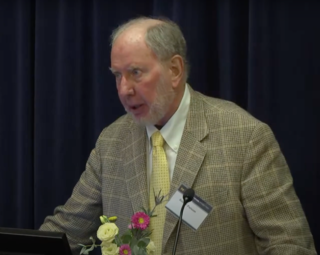A Quote by Frances Beinecke
Mangroves, salt marshes and sea grass lock away carbon at up to five times the rate of tropical forests.
Related Quotes
Salt is a powerful symbol in Haiti, as elsewhere. Salt of the earth, for example is an American phrase. In Haiti, myth and legend has it that if you are turned into a zombie, if someone gives you a taste of salt, then you can come back to life. And in the life of the fishermen, there are so many little things about salt that I wanted to incorporate. The salt in the air. The crackling of salt in the fire. There's all this damage, this peeling of the fishing boats from the sea salt. But there is also healing from it, sea baths that are supposed to heal all kinds of aches and wounds.
Grass is the forgiveness of nature-her constant benediction. Fields trampled with battle, saturated with blood, torn with the ruts of cannon, grow green again with grass and carnage is forgotten. Streets abandoned by traffic become grass-grown, like rural lanes and are obliterated. Forests decay, harvests perish, flowers vanish, but grass is immortal.
We need healthy forests if we want to protect our climate. As the climate changes, forests become more vulnerable to insect outbreaks, droughts and wildfires. Simultaneously, when our forests are destroyed, their carbon is released back into the atmosphere, further impacting climate change. It's a horrifying one-two punch.
once upon a time all the rivers combined to protest against the action of the sea in making their waters salt. "When we come to you," sad they to the sea, "we are sweet and drinkable; but when once we have mingled with you, our waters become as briny and unpalatable as your own." The sea replied shortly, "Keep away from me, and you'll remain sweet.
Men swagger around calling themselves "cattlemen" but abuse their grass like a rapist. And abuse their cattle with concrete fecal feedlots without any regards to rumen function. Vegetable growers plow thousands of acres, planting monocrops of annuals in a never-ending tillage routine that totally annihilates carbon wealth. Why? Why are we so enamored of things that destroy carbon and disrespect the animals under our care? Grass. Lowly grass. It just gets no respect. And yet it is the lifeblood of the planet.




































